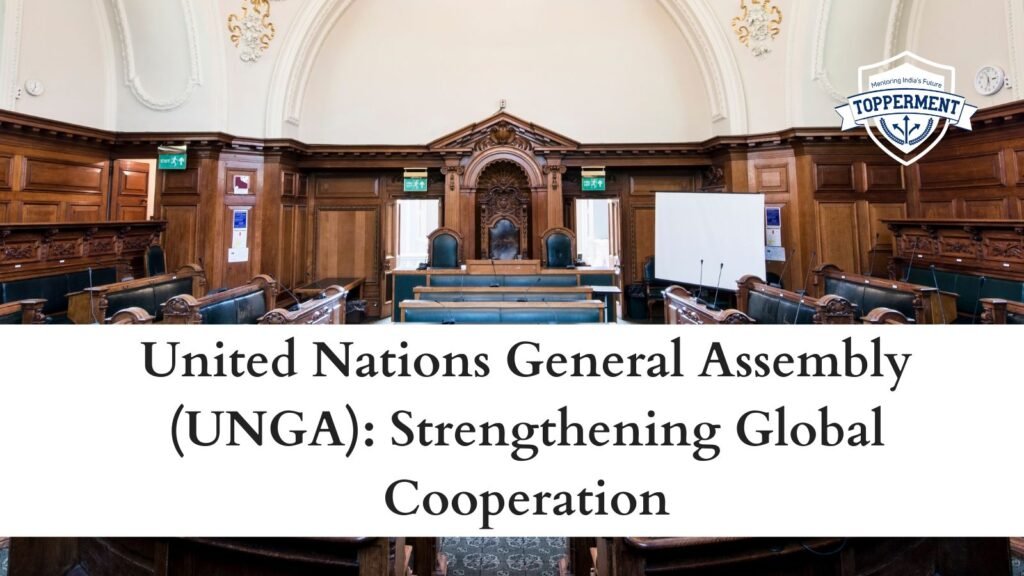The United Nations General Assembly (UNGA) is an important forum within the United Nations (UN) system where all member states come together to discuss and address global issues. It serves as a platform for dialogue, negotiation, and decision-making on a wide range of topics that affect the international community
Structure and Membership:
The UNGA consists of all 193 member states of the UN, each having equal representation, regardless of size or wealth. The General Assembly meets annually in a regular session and also holds special sessions when needed. It is presided over by a President who is elected for each session, providing an opportunity for different countries to assume leadership roles.
Deliberations and Decision-Making:
During the UNGA sessions, member states engage in deliberations through speeches, debates, and negotiations. This allows them to present their viewpoints, raise concerns, and propose solutions to global challenges. Important decisions are made through voting, with each member state having one vote.
Setting Global Agendas:
The UNGA plays a crucial role in setting global agendas and priorities. It addresses a wide array of issues, including peace and security, sustainable development, human rights, climate change, poverty eradication, and more.
Peace and Security:
One of the primary responsibilities of the UNGA is the maintenance of international peace and security. It discusses conflicts, peacekeeping missions, disarmament efforts, and the promotion of peaceful resolutions to disputes. The UNGA provides a platform for member states to voice their concerns and collaborate in seeking peaceful solutions
Development and Human Rights:
Promoting sustainable development and protecting human rights are integral parts of UNGA’s agenda. Member states discuss strategies and policies for poverty reduction, education, healthcare, gender equality, and other socio-economic issues.
Global Partnerships:
The UNGA serves as a platform for fostering global partnerships. Member states, international organizations, civil society, and other stakeholders come together to exchange ideas, form alliances, and collaborate on joint initiatives. This enables the sharing of best practices, pooling of resources, and coordinated efforts towards addressing global challenges collectively
The United Nations General Assembly (UNGA) is a vital forum that brings together member states to discuss, deliberate, and collaborate on global issues. Through its inclusive structure, deliberative processes, and decision-making mechanisms, the UNGA promotes international cooperation, peace, and sustainable development.
Also Read
- UPSC CSE Booklist 2023 | Union Public Service Commission
- Unveiling The Thermosphere: Earth’s Fiery Upper Layer | UPSC Geography
Follow Us For More Content On:
https://www.instagram.com/topperment/


